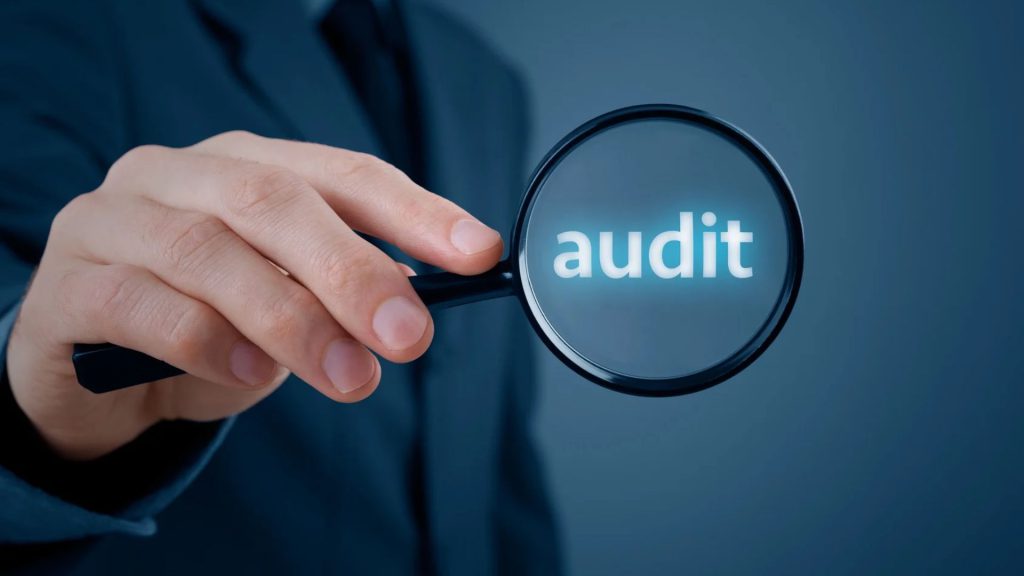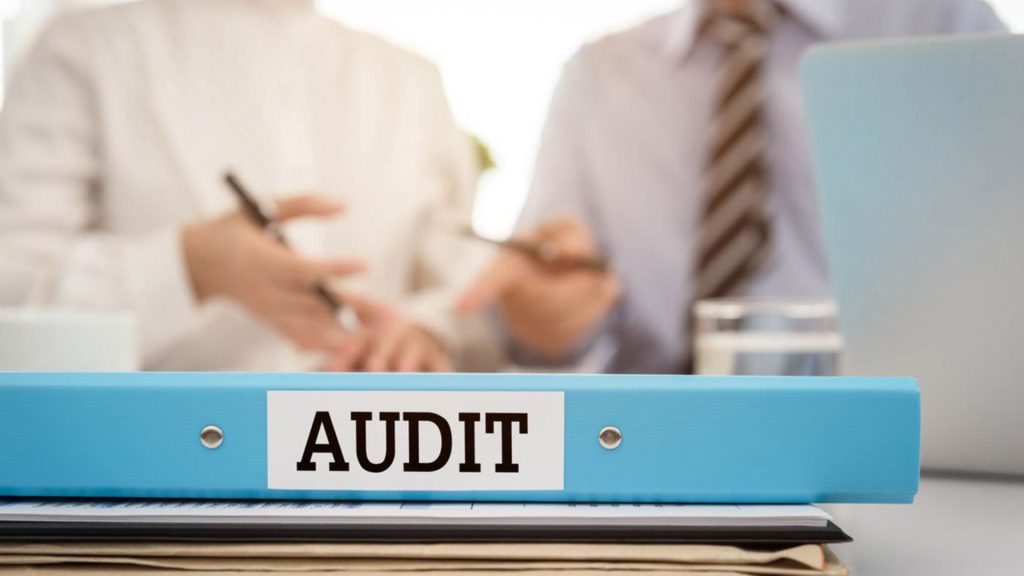Internal audit effectiveness can be influenced by various factors within an organization. Here are some key factors that can impact the effectiveness of Internal auditors in Dubai:

1. Independence and Objectivity: The independence and objectivity of the internal audit function are critical for its effectiveness. Internal auditors should have the autonomy to perform their duties without undue influence from management or other stakeholders. This ensures that audit findings and recommendations are impartial and unbiased.
2. Competence and Skills: The competence and skills of internal auditors play a vital role in their ability to effectively carry out audit activities. Adequate training, education, and professional development programs should be provided to internal auditors to ensure they possess the necessary knowledge and expertise to perform their roles effectively.
3. Resource Allocation: Sufficient resources, including staffing, budget, and technology, are essential for the internal audit function to operate effectively. Inadequate resources can hamper the ability of internal auditors to conduct thorough and timely audits, resulting in gaps in coverage and potential risks going unnoticed.
4. Risk Assessment: An effective internal audit function begins with a robust risk assessment process. Internal auditors must identify and prioritize key risks facing the organization to focus audit efforts where they are most needed. Regular updates to the risk assessment ensure that audit plans remain relevant and responsive to changing business conditions.
5. Communication and Collaboration: Effective communication and collaboration between the internal audit function and key stakeholders, including management and the board of directors, are essential for success. Clear and transparent communication of audit findings and recommendations facilitates informed decision-making and fosters a culture of accountability and continuous improvement.
6. Audit Planning and Execution: Proper planning and execution of audit engagements are crucial for achieving audit objectives efficiently and effectively. Internal auditors should develop detailed audit plans, conduct thorough fieldwork, and employ appropriate audit techniques to gather sufficient and relevant evidence to support their findings and conclusions.
7. Follow-Up and Monitoring: The internal audit function should have mechanisms in place to track the implementation of audit recommendations and monitor the progress of corrective actions. Follow-up audits and regular monitoring activities help ensure that identified issues are addressed in a timely manner and that deficiencies are remediated effectively.
8. Quality Assurance and Improvement: Continuous quality assurance and improvement processes are essential for enhancing the effectiveness of the internal audit function over time. Internal audit activities should be subject to periodic reviews, both internally and externally, to assess compliance with professional standards and identify opportunities for improvement.
9. Organizational Culture: The overall culture of the organization can significantly impact the effectiveness of internal audit processes. A culture that values integrity, transparency, and accountability provides a conducive environment for internal auditors to operate effectively and independently.
10. Regulatory and Legal Environment: Compliance with regulatory requirements and adherence to relevant laws and standards are essential for the effectiveness of internal audit processes. Internal auditors must stay abreast of changes in the regulatory and legal environment to ensure that audit activities remain relevant and compliant.

By addressing these factors and implementing best practices in internal audit governance, organizations can enhance the effectiveness of their internal audit function and strengthen their overall risk management and governance processes.

